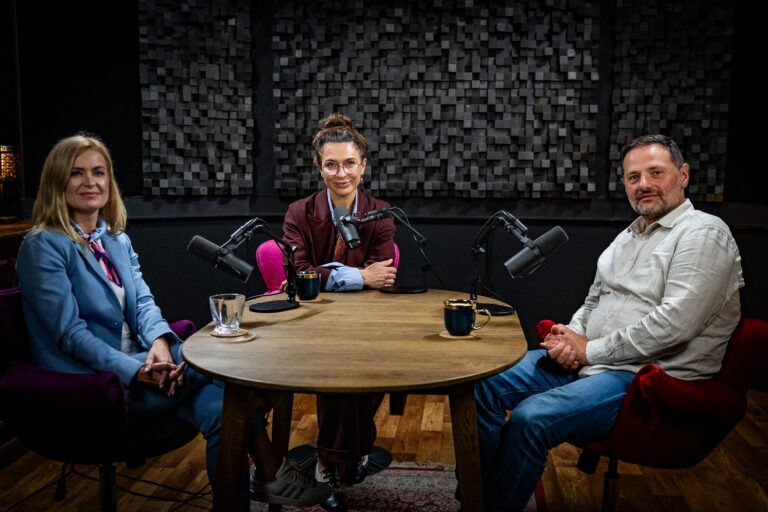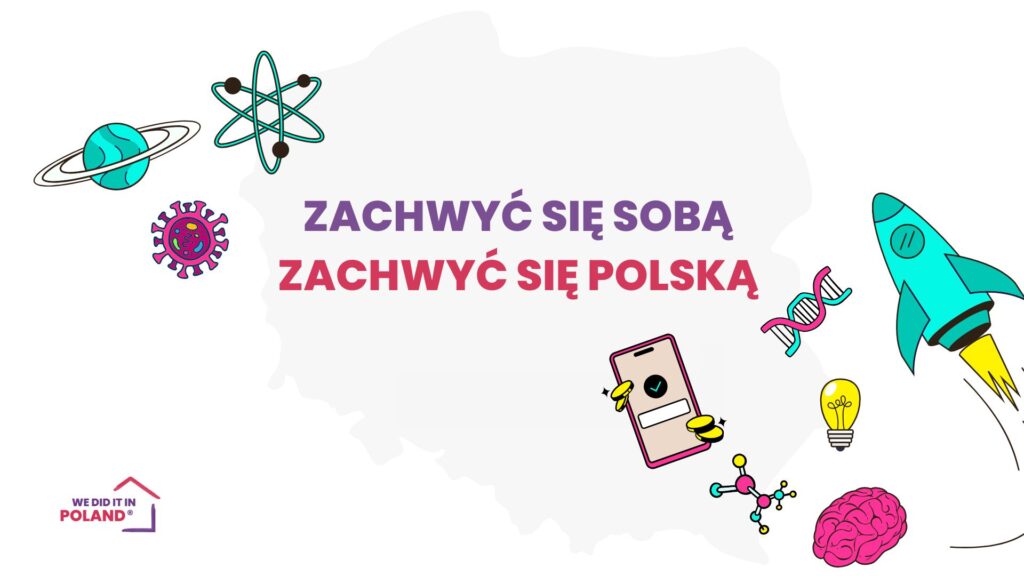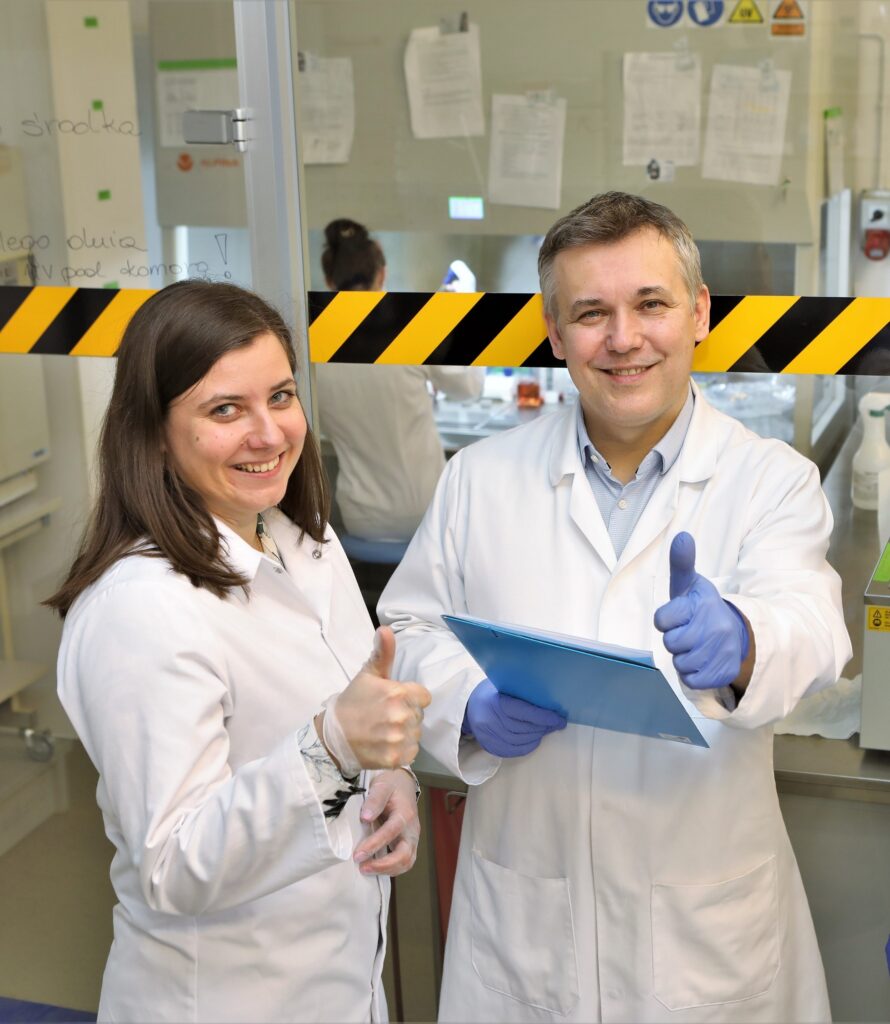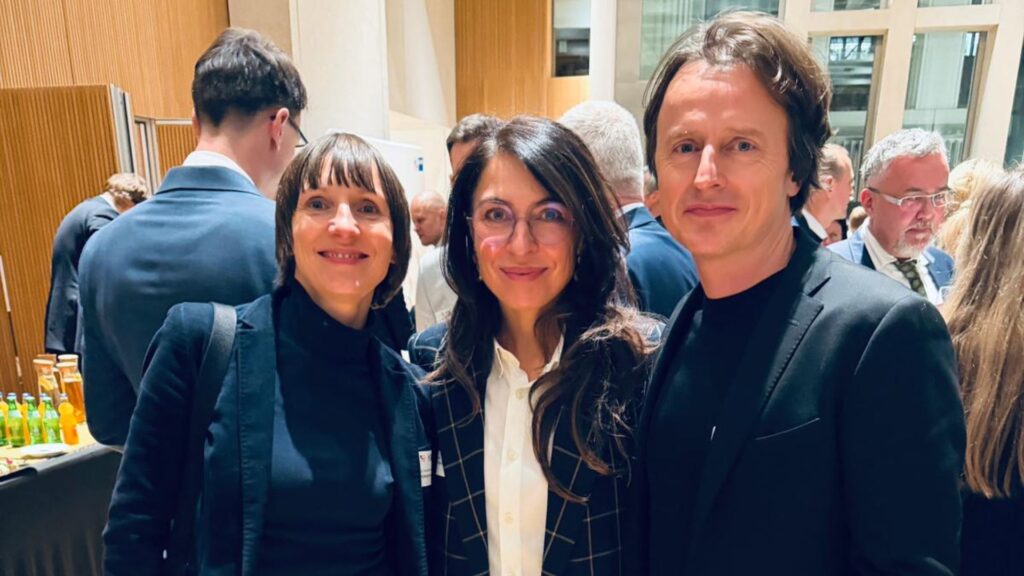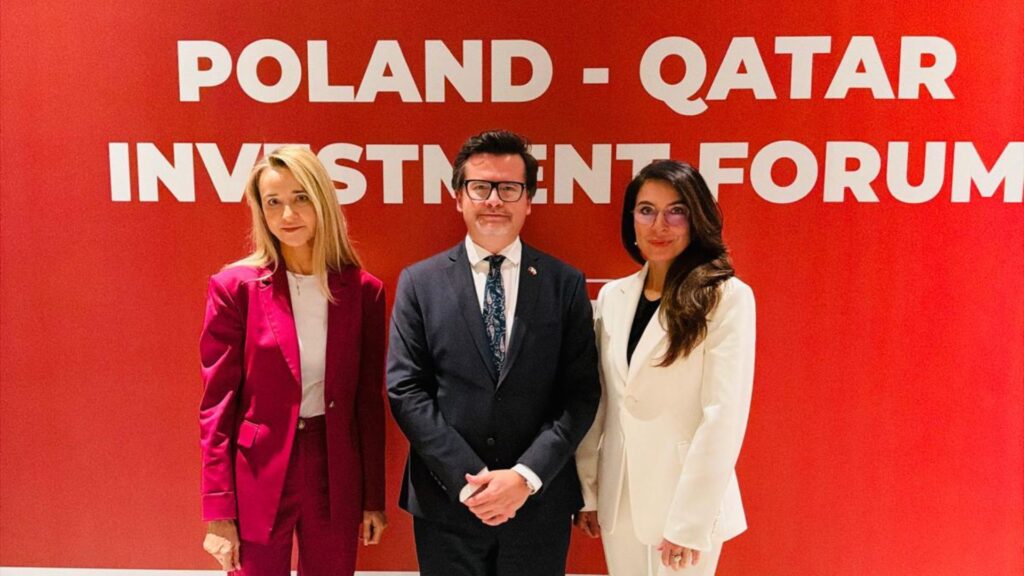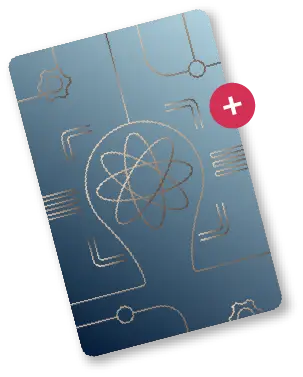Poland has become a European test center for modern technologies. Thanks to solutions such as BLIK and Booksy, Poles are not only adapting innovations in no time, but also co-creating global usage standards. Technology companies from Poland – despite regulatory challenges, local differences and competition – are proving that our society can not only keep up with change, but pioneer it. In a new episode of the We Did It In Poland podcast, Olga Kozierowska discusses this topic with Monika Król, Vice President of BLIK, and Przemysław Barszcz, Country Manager of Booksy.
Olga Kozierowska: Your international expansion has already begun. What are the biggest challenges involved? In what can Poland – government organizations or campaigns like We Did It In Poland – support companies operating in multiple markets?
Monika Król: There are quite a few of these challenges. First of all – we operate in a financial environment that is highly regulated. One of our main challenges is the lack of pan-European regulation of payment solutions. So when we enter individual markets, we have to comply with local regulations, get approval from the local regulator, and set up the structures on the ground that are required. (…) Then there are the peculiarities of local markets: language, cultural requirements, differences in behavior. This forces adaptation of the business model. And, of course, competition – the situation in a given market may not allow you to implement an identical model that works elsewhere.
And so, for example, in Slovakia – in order to accelerate our growth – we decided to buy an entity that was already operating in the payments area, had a similar business model and worked with banks. So it was easier for us to buy the company and integrate locally. The brand underwent a rebranding and is now operating as Blik Slovakia.
In Romania, on the other hand, we didn’t have such an opportunity, so there we are building our presence from scratch. We waited almost two years for the regulator’s approval – we had to go through a huge amount of documentation to be able to start operations at all. An additional challenge is local patriotism. The moment we started to operate intensively in this market, there was a sudden mobilization – local players started to work on their own mobile payment solution. This is natural, of course, but at the same time it makes it more difficult for us to build a position and grow the business.
Olga: And what does it look like for Booksy?
Przemyslaw Barszcz: Poland is the second most important market for Booksy, after the States. We currently have 9 million registered users. What I can say about Polish users is that we adapt technology very easily. Thanks to solutions such as BLIK, InPost or just Booksy, our society is learning to use modern tools. This makes Poland such a test HUB – we implement new solutions and scale them internationally.
We are not as heavily regulated, so it is easier for us to operate in other markets. Although of course there are language or resource limitations. Today we operate in 9 markets, but even if we’re not there operationally, there’s nothing preventing a salon owner from any country, downloading the app and using it.
In this way, Booksy is present in more than 80 countries. This gives us a great opportunity to learn about different customer needs.
READ ALSO: 5 Polish innovations that conquer the world
Olga: Are you also present in African markets?
Przemek: Yes, we are active in South Africa, for example – it’s our beachhead on the continent. A very interesting market, quite different from European countries or even the US. In South America, we are in Brazil, among others. Each continent is characterized by different needs.
Olga: Consumer behavior is always an interesting topic. What surprised you the most? Has any behavior inspired you to implement new features?
Monica: We call this the “parent-child” use case – a very popular use of BLIK. This 6-digit code may not be the most functional in stationary stores, because we do have contactless payments, including in BLIK, but children often don’t have cards or phones yet, so this giving the code on the phone to a child has proved very popular. The scale has really surprised us.
The second such product was phone transfers. At first they grew slowly, it seemed that the dynamics were not satisfactory. But when they reached a critical mass, that is, people became convinced that it worked, that it was safe and based on bank technology, they became one of BLIKA’s most rapidly growing products.
Olga: For example, at a dinner party where there are 10 people and no one has cash, one person pays and then everyone asks: So what, I’ll blick you?
Monica: Exactly! “I will click” – this word was our dream. We wanted this verb to exist in the language. And thanks to transfers to the phone, it did. Now not only individuals, like a mother sending money to her child, but also microbusinesses use this service. A lady selling strawberries at a bazaar uses transfer to phone as a form of settlement. This is really growing at an amazing rate.
Przemek: In terms of changing habits – Booksy has started to change the way consumers do things. It used to be that to make an appointment at a salon, you had to call or go in person. When someone called, they often didn’t get through. They wrote on instant messaging – owners would write back after business hours or early in the morning. And today, I can say at 10 p.m. on a Sunday that a nail broke or I look bad in a particular hairstyle – and I can make an appointment in seconds. I get a confirmation, and I know I have an appointment at 3 p.m. or even 10 a.m. on Monday.
That was our intention – to give convenience to both parties: the salon owner and the customer. He doesn’t have to write back messages, I don’t have to call.
And my biggest surprise? Prepayments. When we implemented them, I wondered if users would want to pay upfront for a visit. It developed slowly at first, but today it’s a standard among salon owners – especially with high traffic, they expect prepayment. They want to be sure that the customer will come, that they won’t waste their time and money.
LISTEN TO THE ENTIRE CONVERSATION ON OUR YOUTUBE CHANNEL

